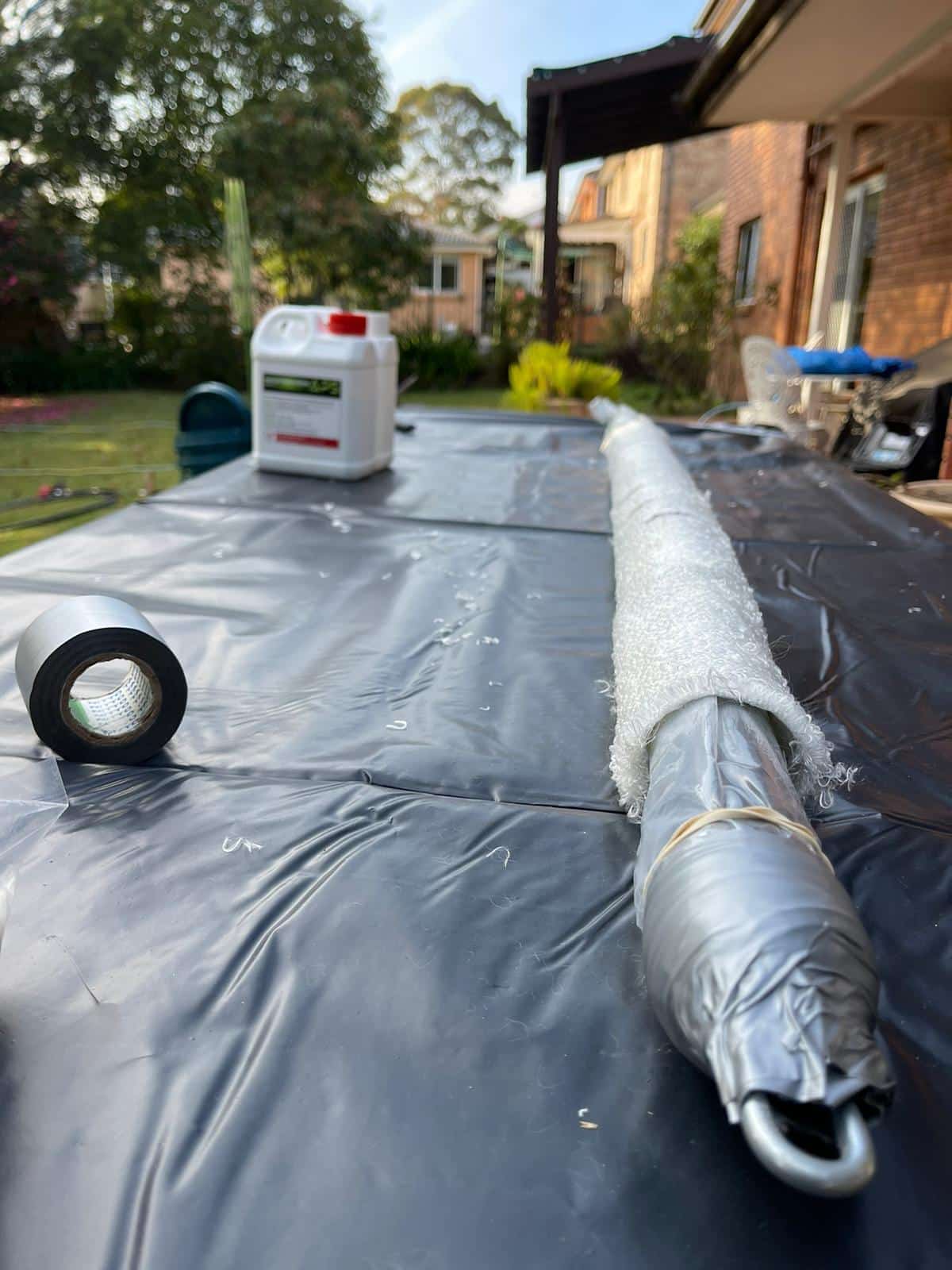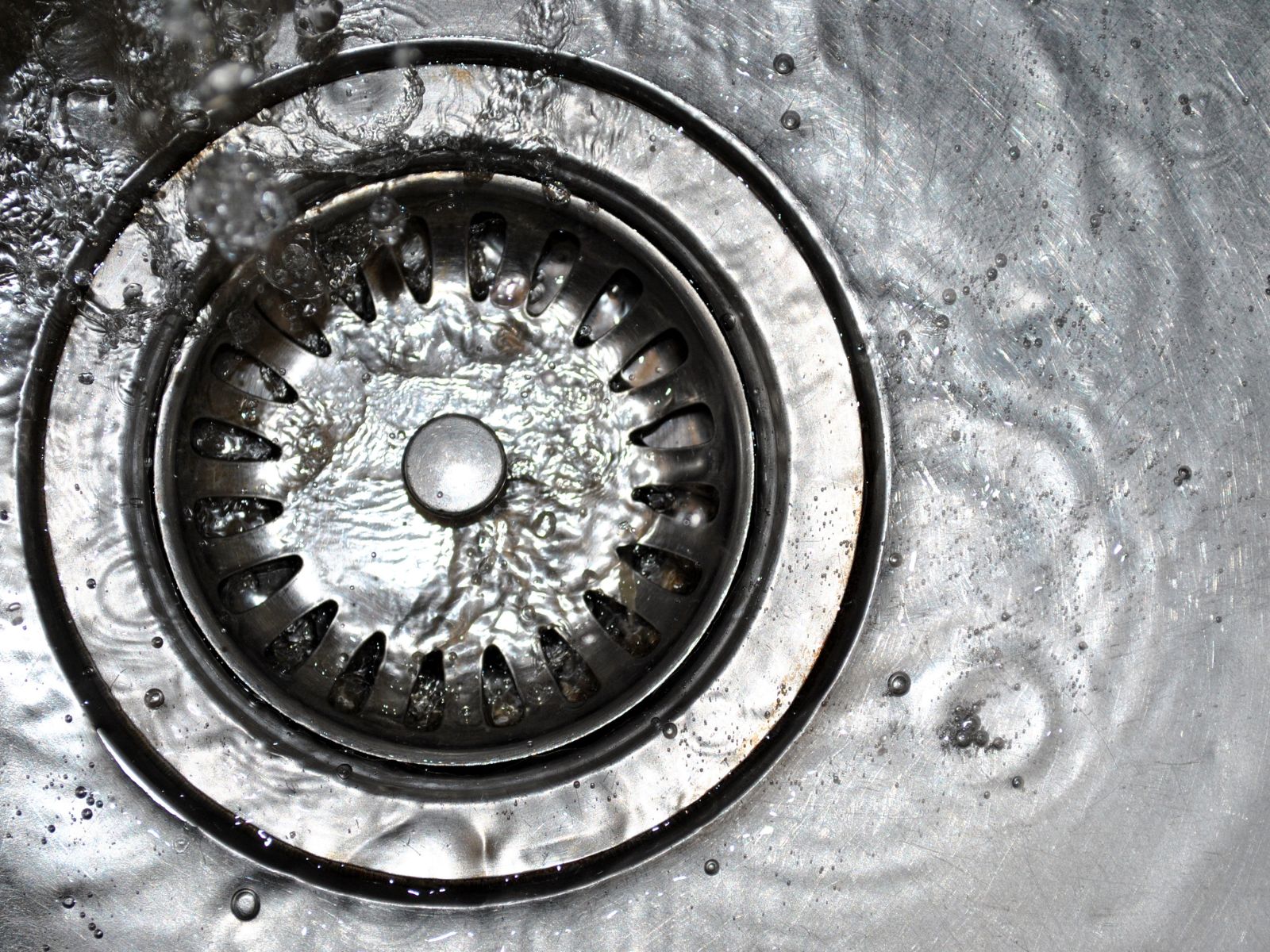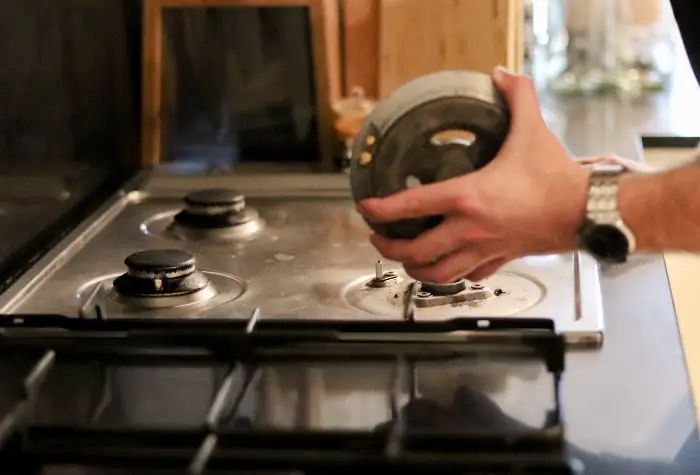A clean sink is essential not just for the look of your kitchen or bathroom but for maintaining hygiene and preventing unpleasant odours, stains, and potential blockages. Whether it’s your kitchen sink, bathroom sink, or laundry sink, regular cleaning plays a vital role in ensuring your fixtures stay sparkling and functional. It helps to remove food particles, soap scum, bacteria, and grime that can accumulate over time. In this guide, we’ll walk you through the best methods, products, and tips to keep all types of sinks in your Australian home clean, fresh, and in top condition with minimal effort.
Why regular sink cleaning is an essential?
Cleaning your sink regularly is crucial for both your health and the overall cleanliness of your home. Sinks quickly accumulate food scraps, soap, grime, and bacteria. Regular cleaning helps to prevent unpleasant odours, clogs, and plumbing issues. Wearing rubber gloves during cleaning and using a microfiber cloth, along with a hair remover brush or a toothbrush , also helps to avoid health hazards. Keeping your sink clean ensures a safe and hygienic environment for everyone.
Different Types of Sinks and Their Cleaning Needs
There are several types of kitchen sink and bathroom sinks commonly found in Australian homes, each with its own specific cleaning requirements:
Stainless Steel Sinks: These sinks are durable but can show water spots and fingerprints. Regular wiping with a microfiber cloth or soft cloth helps maintain the stainless steel sink’s shine.
Ceramic Sinks: Prone to staining, ceramic sinks require gentle cleaning to preserve the enamel. Baking soda is an excellent option for tough stains when used with clean water .
Composite Sinks: Made from resin and stone, these sinks are sturdy but can scratch easily. Use non-abrasive cleaners like baking soda and a soft cloth to maintain the edges of stainless steel sink.
Stone Sinks: While beautiful, stone sinks require special care to avoid scratches and dullness. Stick to gentle cleaning products with clean water , avoiding harsh chemicals.
Understanding how to clean sink materials, each stainless steel material needs specific care to ensure its longevity and appearance.
Everyday Sink Cleaning Routine
Establishing a regular cleaning routine can help prevent stains and grime from building up. Here’s a simple daily or weekly cleaning process routine, including the drain pipe maintenanc :
Wipe After Use: After each use, wipe your sink with a soft cloth or sponge to remove food particles and soap residue.
Rinse Regularly: Rinsing your sink after each use prevents soap scum and water stains from accumulating.
Remove Food Scraps: Dispose of food scraps promptly from the kitchen sink to prevent odours and clogs.
These habits will keep your sink free of stubborn stains in excellent condition and prevent dirt from building up.
How to Deep Clean a Sink
For stubborn stains or grease buildup, a deep clean may be necessary, where you might also want to sprinkle baking soda for additional effectiveness . Here’s how to do it effectively:
Clear the Sink: Remove any dishes, soap, and other items from the sink.
Rinse with Warm Water: Before rinsing the sink briefly to remove loose debris, sprinkle baking soda or a small amount of bleach to help with any lingering stains.
Apply a Cleaning Paste: Mix baking soda with water to form a paste. Apply it to stained areas and leave it for 10–15 minutes.
Scrub with a Soft Brush: Use a non-abrasive brush or sponge to scrub the sink, focusing on corners and areas around the taps.
Rinse and Dry: Rinse the sink with warm water and dry it with a soft cloth to prevent water spots.
For tougher grease, use a mixture of baking soda and white vinegar (1:1 ratio) to break it down, but be cautious with stone sinks as vinegar can damage them.
Natural Cleaning Solutions You Can Try
If you prefer eco-friendly methods, here are some natural cleaners that work wonders:
- Baking Soda: Ideal for lifting stains and deodorising. Simply sprinkle it on the sink and scrub with a damp sponge.
- Vinegar: A natural disinfectant that removes hard water stains and soap scum. Dilute with water to protect sensitive surfaces.
- Lemon: A natural grease cutter and deodoriser. Rub a cut lemon over the sink or mix lemon juice with baking soda for a powerful cleaner.
- Salt: Use salt to scrub mineral stains and grease, especially when mixed with vinegar for extra cleaning power.
Always test natural solutions on a small area of your sink to ensure they don’t cause damage.
How to Clean and Deodorise the Sink Drain
The drain pipe is often overlooked, but it’s essential to keep it clean to avoid clogs and unpleasant odours:
- Flush with Hot Water: Pour hot water down the drain to loosen any trapped food particles and grease.
- Baking Soda and Vinegar: Pour half a cup of baking soda, followed by a cup of vinegar, into the drain. Let it sit for 10–15 minutes, then flush with hot water.
- Use a Drain Snake: For stubborn blockages, a drain snake can help clear trapped grime.
Regularly deodorising your drain with a plughole brush or hair remover brush will keep it smelling fresh.
Cleaning Sink Accessories and Tapware
Sink accessories such as strainers, plugs, taps, and brushes can accumulate grime and soap scum. Here’s how to clean them using specialized tools such as handcrafted brushes :
- Strainers and Plugs: Clean these regularly to prevent blockages and bad smells. Soak them in vinegar or scrub them with a small brush.
- Faucets and Taps: Use a soft cloth and non-abrasive cleaner for tapware. For tough water spots or limescale, try vinegar.
- Brushes: Small brushes can help clean hard-to-reach areas around taps and drains. A soft-bristle brush is perfect for these tasks.
Maintenance Tips to Keep Your Sink Looking New
To extend the life and appearance of your sink, follow these maintenance tips that include using rubber gloves and brushes with natural bristles:
- Prevent Scratches: Avoid abrasive cleaners or harsh scrubbing tools that can scratch your sink. Use soft sponges or cloths instead.
- Remove Limescale and Rust: In areas with hard water, limescale and rust can build up. Clean your sink regularly with vinegar to prevent this.
- Avoid Harsh Chemicals: Some cleaning products can damage your sink’s surface. Stick to mild, non-abrasive cleaners.
When to Use Commercial Cleaners or Seek Help
While natural cleaning methods work for regular maintenance, there are times when you may need tougher cleaners or you might ask how to clean sink effectively , made by the last producers, or professional help:
- Tough Build-Up: If grease or hard water stains are persistent, a commercial cleaner may be necessary. Choose one that is suitable for your sink’s material.
- Plumbing Issues: If you notice slow drainage or persistent odours, there may be an underlying plumbing issue. In such cases, it’s best to consult a professional plumber.
Frequently Asked Questions
What is the best thing to clean a sink with?
Mild dish soap, bleach, and warm water for regular cleaning. For tough stains, use a baking soda paste or vinegar.
What is the best way to clean a stainless-steel sink?
Use mild dish soap and warm water, then wipe dry to avoid water spots. For deeper cleaning, use a baking soda paste.
How do you deep clean a dirty sink?
Mix baking soda with water to create a paste, apply it to stains, and scrub with a soft brush. For tough stains, use vinegar or lemon juice.
How do you clean a smelly sink?
Use a baking soda and vinegar solution, or flush with boiling water to clear out any grime in the drain.
What is the best way to clean sink drains?
Pour baking soda and vinegar down the drain, followed by hot water to clear debris.
Are cleaning brushes worth it?
Yes, especially for detailed cleaning around faucets and in hard-to-reach areas.






